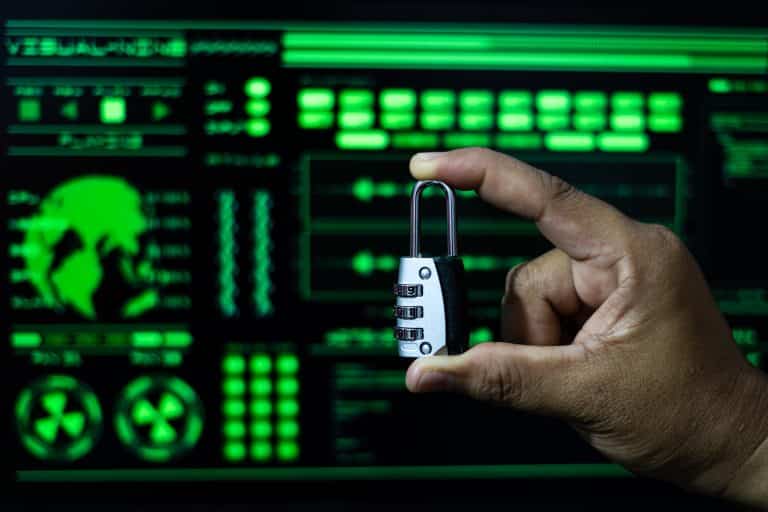Do We Need To Protect From Cyber Attacks If We Have Good Backups?

While having good backups is an essential part of a comprehensive cybersecurity strategy, it is not a complete solution on its own. Here’s why:
- Data Integrity: Backups protect your data by providing a copy that can be restored in case of data loss. However, if a cyber attack affects the integrity of your data (e.g., by encrypting it with ransomware), simply restoring from backup may not be sufficient to ensure that your systems are secure.
- Downtime and Disruption: Recovering from a cyber attack using backups can still result in downtime and disruption to your operations. Depending on the size of your organization and the extent of the attack, restoring from backups can take time, during which your systems may be unavailable or operating at reduced capacity.
- Costs and Resources: Maintaining backups can be resource-intensive, requiring storage space, regular backups, and testing procedures to ensure that backups are viable and can be restored when needed. Additionally, recovering from a cyber attack using backups may incur costs associated with downtime, data recovery, and potential legal or regulatory consequences.
- Prevention is Better than Cure: While backups are essential for recovery, preventing cyber attacks in the first place is preferable. Implementing proactive cybersecurity measures, such as firewalls, antivirus software, intrusion detection systems, and user training, can help reduce the likelihood of a successful cyber attack and minimize the impact on your organization.




